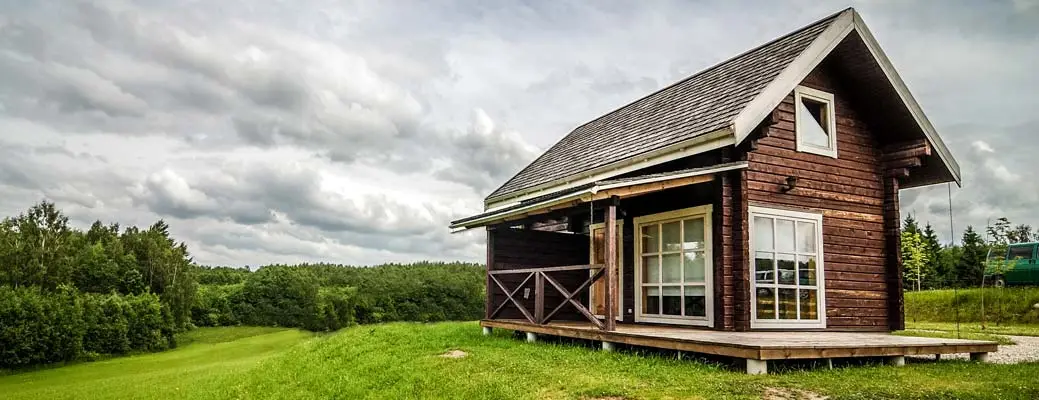Are You a Candidate for a Tiny House?


Minimalism is big business, and tiny houses are part of that trend. They fit into goals that many people have for their lives: paring down possessions, streamlining wardrobes, simplifying finances and making life less complicated. The popularity of tiny houses has grown exponentially along with these trends.
But is a tiny house right for you? Here’s how to know if a smaller footprint and a downsized life is worth pursuing, and what to consider when you’re making that decision.
Of course, humans have lived in small homes throughout history, and many people around the world still live in small spaces. But the tiny house living trend could be traced to 1854, when Henry David Thoreau published Walden, which extolled the virtues of living simply in a small space.
The tiny house movement truly took off in the late 2000s after the housing bubble had burst and many Americans found themselves underwater on their mortgages. The tiny house movement was a reaction to modern expectations of space: The square footage of the average American new home is now nearly 2,500 square feet, nearly triple its level in 1975. Naturally, some people decided to react against the ever-expanding square footage of the American home, which resulted in the tiny house movement.
Few hard-and-fast rules exist, but in general, a tiny house is about 500 square feet or less. But when people design a tiny house, the sky is the limit: they range from rustic to lavish, pre-fab to DIY. Furthermore, most are mobile. Being able to relocate allows an exemption from most building permits and doesn’t restrict where you can build a tiny house.
Now for the big question: are you a candidate for a tiny house? Here are some questions to consider.
A tiny home can seem exciting at first. It’s an opportunity to downsize, pare down your belongings and begin a whole new way of life. But before you make a major life change like this one, make sure you’re ready to stick it out for the long haul. You’re making an investment, and you don’t want to make it impulsively.
If you design your tiny home to sit on a foundation, then it has to adhere to the same building codes as a traditional home. So, if that’s the choice you want to make, be sure your permits are in order and ready. If your tiny house is mobile, the codes are more relaxed, but you’ll still have to meet the standards of the Recreational Vehicle Industry Association.
Building codes can once again be an issue here. Perhaps your tiny home can sit on a lot with a larger home already in place. If it has wheels, an RV park can be an option. Where you put your tiny house depends on codes and laws unique to each area, so you’ll need to do your research first.
Most RV parks will give you access to necessities like running water and electricity. But if your tiny house is stationary, how will you handle your utilities? Matters like sewage disposal require planning and research. Your municipality probably has rules about this, too, so factor these in when you’re designing your dream tiny home.
Do you work from home? You’ll need desk space and, most likely, a way to have a solid and reliable Internet connection. Are you fond of fishing, biking or knitting? You’ll need a place to securely store and stash all of your gear. Is it cold or hot (or both) in the places where you plan to spend your time? Make sure you’ve thought through what you’ll need to be comfortable and safe in all environments.
It’s an obvious question, but an important one. Do you have a partner? Pets? How about kids, hobbies or a business to run? Remember that a tiny home doesn’t allow for much privacy, and make sure you’re ready for a lifestyle where it’s harder to spend time away from other people in your home. What if you entertain friends or family? A tiny house can become inconvenient very quickly.
Practicalities aside, the allure of the tiny house can be undeniable. A tiny house can get you a smaller environmental footprint, a lower building cost compared to a traditional home, a more de-cluttered life and a home that can travel with you. Tiny homes are worth it, if you’re ready to make the commitment and take on the adventure.
Big or small, your local Farm Bureau agent can help you protect it all! Whether you’re looking at a tiny house, a new home or a life insurance policy, they can help you find the coverage that suits your lifestyle and can help you protect what matters most in your world.